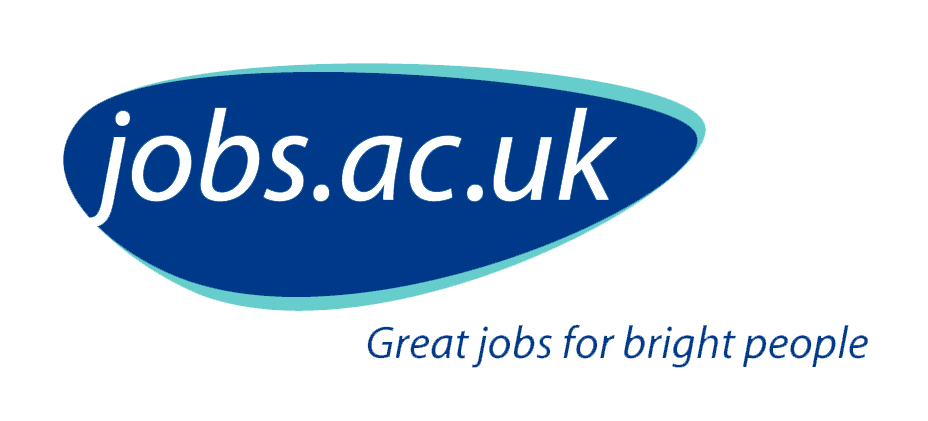[ad_1] We are offering a 4-year position for a postdoctoral researcher here at the Language Develop
[ad_1]
We are offering a 4-year position for a postdoctoral researcher here at the Language Development Department at the Max Planck Institute for Psycholinguistics in the Netherlands. Start date is negotiable but we anticipate the researcher will be in place by January 2024 at the latest.
Job description
The successful candidate will co-lead a project on sociogenomics (behavioral genetics) and language development. Among other things, the project seeks to understand the causes and consequences of individual differences in language learning in early childhood. This is done by applying concepts derived from the Familial Control Method (van Bergen et al., 2017; Hart, Little, van Bergen, 2021) and applied to a population of Dutch-acquiring (monolingual) children and respective family members. Specifically, a series of linguistic tasks and background questionnaires will be performed (online) by families spread across the country. Measures extracted from these tasks/questionnaires will allow us to model the association between vocabulary scores of parent(s) and child(ren), so to model intergenerational transmission. The project team are: Prof Caroline Rowland, Dr Sergio Miguel Pereira Soares (MPI for Psycholinguistics) and Dr Elsje van Bergen (Vrije Universiteit, Amsterdam).
You will also be encouraged to set up your own additional projects. We especially encourage you to consider collaborations with members of the Language and Genetics Department here at MPI and/or working on data from existing cohorts to which we have access, such as that from The Netherlands Twin Register, and the YOUth Cohort Study
Requirements
Essential
- A PhD in a relevant discipline (e.g., sociogenomics, behavioural genetics, educational genetics, or psychiatric genetics). Researcher who expect to have received their PhD by January 2024 are welcome to apply.
- Expertise in advanced statistical modelling of genetically-sensitive family data (i.e., genetic structural equation modelling, like twin models and parent-offspring models).
- A track record of research on human behavioural genetics, including experience disseminating research through conference presentations and publications.
- Experience managing confidential information provided by participants, dealing with ethical and administrative issues, and efficiently managing and cataloguing data.
- Excellent written and spoken English. The language of the institute is English, so knowledge of Dutch is not required.
Desirable
- Expertise in conducting analyses with developmental data on language or literacy
- Experience working with longitudinal datasets.
- An explicit interest in, and commitment to, Open Science.
What we offer you
- The position is available from November 2023. Start date is negotiable but you should be in place by January 2024 at the latest.
- Unfortunately, remote working is not possible.
- Full-time position (39 hours per week) with a term of appointment of 4 years. However, part-time/job share is possible in negotiation
- The salary is according to the German TVöD (Tarifvertrag für den öffentlichen Dienst) and is classified in salary group E13. Depending on the experience of the applicant, the salary is between EUR 4,187.45 and EUR 6,089.52 gross per month plus a holiday bonus of 8% of the gross salary. This equates to EUR 54,269.34 – EUR 78,920.18 per year, including holiday bonus.
- All research staff have access to state-of-the art research and training facilities and a generous conference and travel budget.
- The job may involve co-supervision of junior researchers (e.g. Masters students), but there are no other teaching obligations.
Application procedure
Informal enquiries should be addressed to Caroline Rowland at caroline.rowland@mpi.nl
The deadline for applications is midnight (anywhere in the world) on Sunday 20th August, 2023.
Note that you are very welcome to submit your application earlier than this: the deadline is on a Sunday to accommodate those who work non-standard hours and/or cannot apply during standard working hours. Please submit your application directly via the ‘Apply‘ button above on our recruitment portal.
Applications should include:
- A 2-page application letter that includes information about your research interests, why you are interested in this post, and why you consider yourself a good match for the post.
- A CV, which should include a list of publications.
- Contact details for three referees (referees will not be contacted unless you are invited to interview).
- Details of your availability for interview via Zoom in the week beginning 11th September, 2023.
The employer
The Max Planck Institute for Psycholinguistics is a world-leading research institute devoted to interdisciplinary studies of the science of language and communication, including departments on genetics, psychology, development, neurobiology and multimodality of these fundamental human abilities.
We investigate how children and adults acquire their language(s), how speaking and listening happen in real time, how the brain processes language, how the human genome contributes to building a language-ready brain, how multiple modalities (as in speech, gesture and sign) shape language and its use in diverse languages and how language is related to cognition and culture, and shaped by evolution.
We are part of the Max Planck Society, an independent non-governmental association of German-funded research institutes dedicated to fundamental research in the natural sciences, life sciences, social sciences, and the humanities.
The Max Planck Society is an equal opportunities employer. We recognise the positive value of diversity and inclusion, promote equity and challenge discrimination. We aim to provide a working environment with room for differences, where everyone feels a sense of belonging. Therefore, we welcome applications from all suitably qualified candidates (https://www.mpi.nl/page/equal-opportunities).
Our institute is situated on the campus of the Radboud University and has close collaborative links with the Donders Institute for Brain, Cognition and Behaviour and the Centre for Language Studies at Radboud University. We also work closely with other child development researchers as part of the Baby & Child Research Center. All staff and students at the MPI have access to state-of-the art research and training facilities.
More information about the Language Development Department and the Language & Genetics Department can be found here:
[ad_2]
Source link



COMMENTS